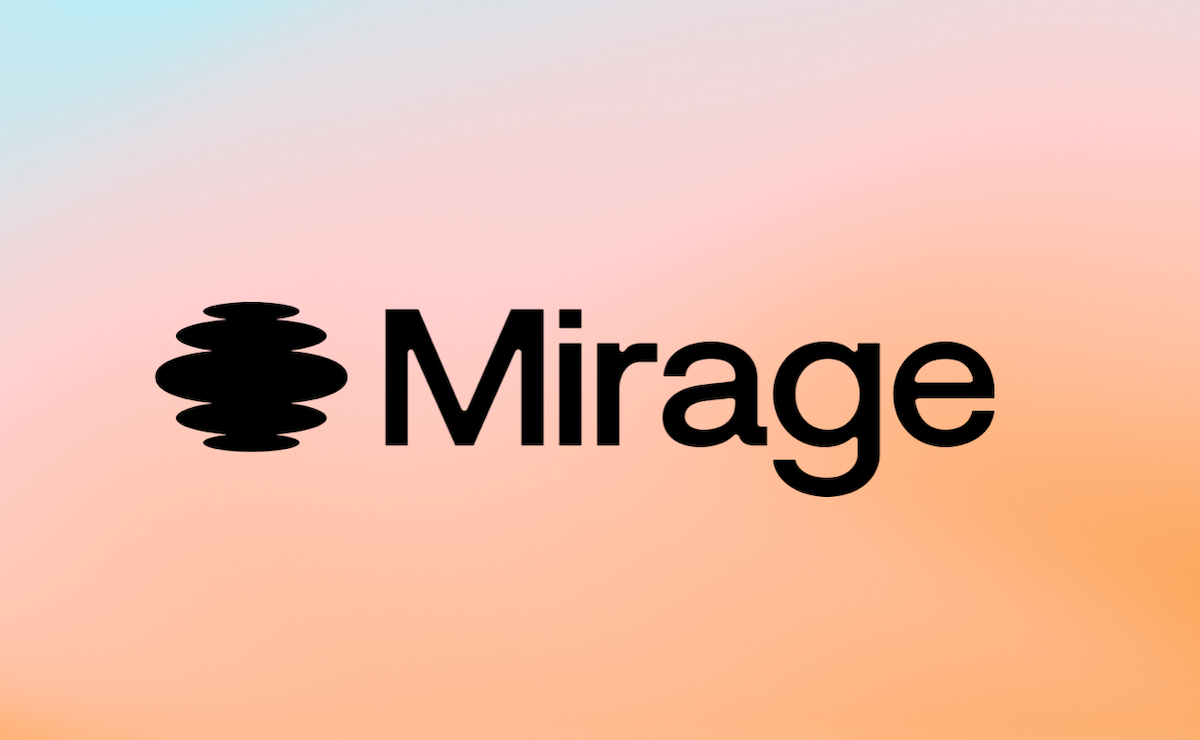Captions, the AI-powered video creation and editing platform that has raised more than $100 million in venture funding at a $500 million valuation, is officially rebranding to Mirage, the company announced on Thursday.
The new identity reflects Mirage’s broader ambitions: transforming from a creator-focused app into an AI research lab developing multimodal foundational models specifically for short-form video platforms like TikTok, Reels, and Shorts. By doing so, the company hopes to set itself apart from rivals such as D-ID, Synthesia, and Hour One.
The rebrand will also bring all of the company’s products under one umbrella, including its flagship creator tool and the recently launched Mirage Studio, designed for brands and ad production.
CEO Gaurav Misra described the shift as a signal of the company’s expanded vision:
“The way we see it, the real race for AI video hasn’t begun. Our new identity, Mirage, reflects our commitment to redefining the video category through frontier AI research and models.”
Launched in June, Mirage Studio promises brands a way to generate short ads without actors or big budgets. Users can upload audio files, and the platform generates complete videos with custom AI avatars and backgrounds. Selfies can also be uploaded to create lifelike avatars.
Unlike competitors, Mirage emphasizes that its avatars feature realistic speech, movement, and facial expressions without relying on stock footage, lip-syncing, or voice cloning. The Studio is offered under a $399-per-month business plan, with new users receiving 50% off the first month.
Related: Spain’s Orbital Paradigm Prepares First Reentry Capsule Test
Still, the growing presence of AI-generated ads has sparked backlash. A recent Guess campaign in Vogue’s July issue featuring an AI model highlighted concerns about how the technology could affect creative workers. More broadly, experts warn that advanced AI video tools risk blurring the line between authentic and deepfake content, fueling misinformation.
Mirage acknowledged these risks in a recent blog post, stating that while it has built safeguards such as requiring consent for likeness use and preventing impersonation, technology alone isn’t enough. The company argues that the solution lies in cultivating “a new kind of media literacy,” encouraging audiences to approach video content with the same scrutiny as written news.







